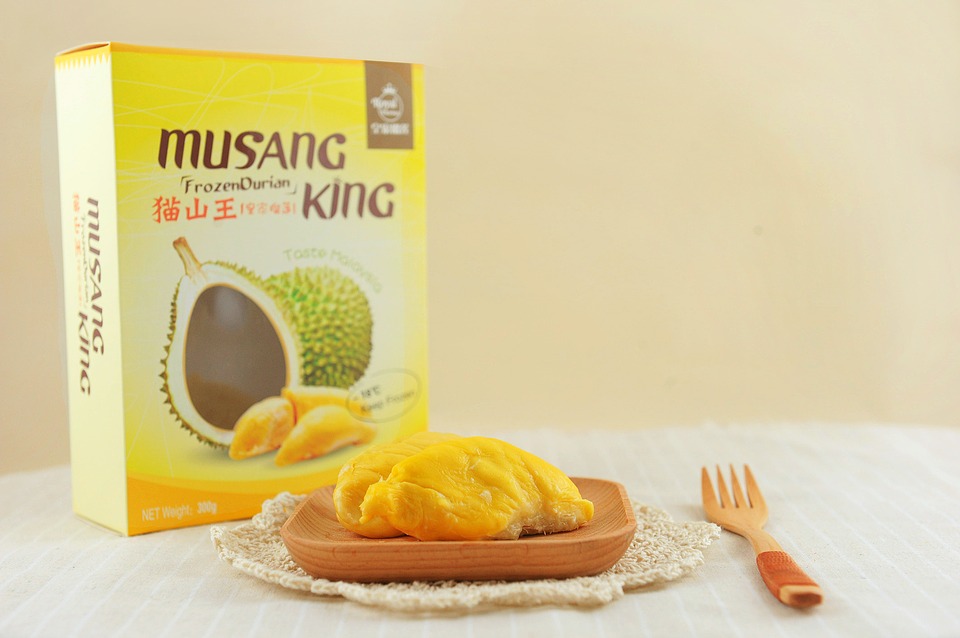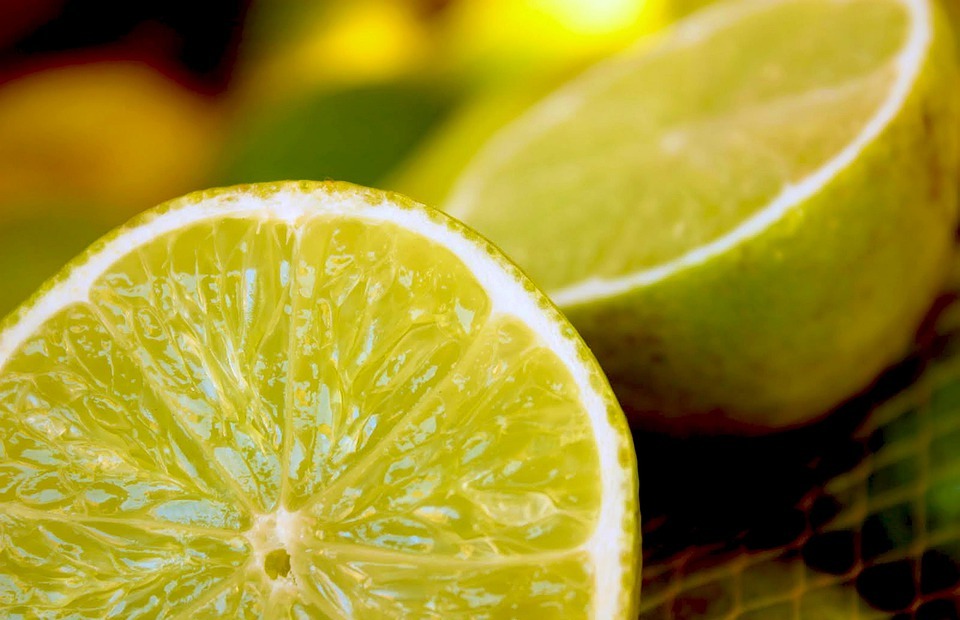This comprehensive guide explores the world of safe fruits for rabbits, providing a detailed overview of what they can and cannot eat. We'll delve into the nutritional benefits of fruits, explore safe and unsafe options, offer tips on how to introduce fruits into your rabbit's diet safely, and address common questions and concerns regarding fruit consumption for rabbits. We'll also explore the different types of fruits that are safe and unsafe for rabbits, discuss the importance of moderation, and offer advice on how to prepare and serve fruit to your furry friend.
Part 1: Understanding Fruits and Rabbits

1.1 The Role of Fruits in a Rabbit's Diet
Fruits are a delicious and nutritious treat for rabbits, but they should be offered in moderation as part of a balanced diet. While not essential, they can provide essential vitamins, minerals, and antioxidants, contributing to overall health and well-being. However, fruits are high in sugar, so excessive consumption can lead to health issues such as obesity, dental problems, and digestive upset.
1.2 Nutritional Benefits of Fruits for Rabbits
Fruits offer various nutrients that benefit rabbits:
- Vitamin C: Essential for immune system function and collagen production. Helps with wound healing and tissue repair.
- Vitamin A: Supports healthy eyesight and skin. Contributes to normal growth and development.
- Potassium: Crucial for muscle function and fluid balance. Helps regulate blood pressure.
- Fibre: Promotes healthy digestion and gut motility. Prevents constipation and aids in weight management.
- Antioxidants: Help protect against cell damage and disease. Boost the immune system and may reduce the risk of certain cancers.
Part 2: The Importance of a Balanced Diet

2.1 The Foundation of a Healthy Rabbit Diet: Hay
Hay is the cornerstone of a rabbit's diet, providing essential fibre for healthy digestion, teeth wear, and overall well-being. Rabbits should have unlimited access to high-quality hay like Timothy or Orchard grass.
2.2 Fresh Vegetables: A Nutritional Boost
Fresh, leafy greens should make up a significant part of a rabbit's diet. They offer essential vitamins, minerals, and fibre. Introduce greens gradually and monitor your rabbit for any digestive upset.
2.3 Pellets: A Supplement, Not a Staple
Pellets can be used as a supplement to provide additional nutrients, but they should not be the primary food source. Choose high-quality pellets with a low percentage of sugar and high fibre content.
Part 3: Safe Fruits for Rabbits
3.1 Fruits Safe for Rabbits in Small Amounts
The following fruits are generally safe for rabbits when offered in small quantities (a teaspoon or two a few times a week):
- Apple (without seeds): A good source of fibre and vitamin C, but the seeds contain cyanide.
- Banana (in moderation): High in potassium, but also high in sugar. A small slice is sufficient.
- Berries (strawberries, blueberries, raspberries): Low in calories and rich in antioxidants. Offer a few at a time.
- Melon (watermelon, cantaloupe): Provides hydration and essential vitamins, but high in sugar. A tiny piece, about the size of a grape, is enough.
- Mango (in small amounts): Offers a burst of flavour and vitamins, but should be given sparingly. A piece no bigger than a thumbnail.
- Papaya (ripe and peeled): A good source of vitamin C and fibre, but contains papain, an enzyme that can cause digestive upset. Only a tiny bit should be given.
- Peach (without pit): Contains valuable vitamins and fibre, but the pit is poisonous. Offer a small slice without the pit.
- Pear (without core): Rich in fibre and vitamin C, but the core contains cyanide. Remove the core and offer a small slice.
- Pineapple (in small amounts): Can be offered in small amounts, but excessive consumption can cause digestive upset.
3.2 Tips for Introducing Fruits
- Start small: Offer a tiny piece of fruit initially, observing your rabbit's reaction. Start with a single fruit and introduce others gradually.
- Monitor for digestive upset: Watch for signs like diarrhoea, gas, or bloating, which could indicate an intolerance. If you see these signs, stop giving the fruit and consult your vet.
- Choose fresh fruit: Avoid processed or sugary fruits like dried fruit, fruit snacks, and fruit juices. These are high in sugar and lack the essential nutrients found in fresh fruit.
- Wash thoroughly: Remove any pesticides or residue before offering. Wash all fruits thoroughly and remove any stems, leaves, or seeds.
- Offer as a treat: Fruits should not replace hay or other essential foods. They should be given as a small treat, no more than once or twice a week.
Part 4: Fruits to Avoid
4.1 Fruits Toxic to Rabbits
Certain fruits are toxic to rabbits and should be avoided entirely:
- Avocado: Contains persin, a toxin that can cause heart problems and respiratory distress. Even a small amount can be dangerous.
- Citrus fruits (oranges, lemons, grapefruits): Highly acidic and can upset the digestive system. The acidity can irritate the stomach and cause digestive upset.
- Cherries (including stems and pits): Contain cyanide, which is highly toxic to rabbits. Even the pit and stem are toxic.
- Grapes and raisins: Can cause kidney failure in rabbits. All types of grapes and raisins are toxic.
- Stone fruits (plums, nectarines, apricots): Contain cyanide in the pits and can cause poisoning. The pit contains the most cyanide, but the flesh itself is also toxic.
- Tomatoes (green parts): Contain solanine, a toxic alkaloid that can cause digestive upset and neurological problems. The green parts of the plant, including stems and leaves, are the most toxic. Ripe tomatoes are generally safe, but it’s best to err on the side of caution.
Part 5: Understanding the Risks of Fruit Consumption
5.1 Sugar Content: A Major Concern
Fruit contains natural sugars, which are processed differently by rabbits compared to humans. Too much sugar can lead to:
- Obesity: Excessive sugar intake can contribute to weight gain, which increases the risk of health problems.
- Dental Problems: Sugar can contribute to plaque buildup, leading to dental problems.
- Digestive Upset: Excess sugar can cause digestive issues like diarrhoea and gas. Rabbits have a delicate digestive system and are prone to problems if their diet is not balanced.
5.2 Individual Sensitivities: Watch for Reactions
Rabbits can have different sensitivities to certain fruits. Even if a fruit is generally safe, it might not be suitable for every rabbit. Always introduce new fruits slowly and observe for any signs of intolerance, such as:
- Diarrhoea
- Gas
- Bloating
- Loss of appetite
- Lethargy
Part 6: How to Prepare and Serve Fruit
6.1 Washing and Preparation
Wash all fruits thoroughly under running water to remove any pesticides or residue.
- Remove any stems, leaves, and pits. These parts of the fruit are often toxic or difficult to digest for rabbits.
- Slice fruits into small, bite-sized pieces. This makes it easier for rabbits to eat and reduces the risk of choking.
6.2 Serving Fruit
Offer fruit as a small treat, no more than once or twice a week.
- Start with a tiny piece and observe your rabbit's reaction before offering more. A good rule of thumb is to offer a piece about the size of a grape.
- Do not overfeed fruit. Too much fruit can lead to health problems.
- Always monitor your rabbit for any signs of digestive upset.
Part 7: FAQs
7.1 Can rabbits eat fruit seeds and pits?
No, rabbits should not eat fruit seeds or pits. They contain cyanide, which is highly toxic and can be fatal. Always remove seeds and pits before offering fruit to your rabbit.
7.2 Can rabbits eat dried fruits?
Dried fruits are very high in sugar and should be avoided altogether. The drying process concentrates sugars and removes beneficial nutrients, making them unhealthy for rabbits.
7.3 How often can I give my rabbit fruit?
Offer fruit as a treat, no more than once or twice a week, and in very small quantities. Excessive fruit intake can lead to digestive upset, dental problems, and obesity.
7.4 My rabbit seems to love fruit, can I give it more?
While it's tempting to indulge your rabbit's sweet tooth, it's crucial to stick to the recommended guidelines. Excessive fruit consumption can have severe health consequences.
7.5 Can I give my rabbit fruit juice?
Fruit juice is not recommended for rabbits. It's high in sugar and lacks the fibre found in whole fruit, making it a poor nutritional choice.
7.6 My rabbit has eaten some forbidden fruit, what should I do?
If you suspect your rabbit has ingested a toxic fruit, contact your veterinarian immediately. They will assess the situation and provide appropriate treatment. It's crucial to act quickly in case of poisoning.
7.7 How can I tell if my rabbit is eating too much fruit?
Signs of excessive fruit consumption include weight gain, dental problems, and digestive upset. If you notice any of these signs, reduce the amount of fruit you are offering.
7.8 Can baby rabbits eat fruit?
Baby rabbits under 4 weeks old should not be given fruit. Their digestive systems are still developing, and they are more susceptible to digestive upset.
7.9 What are the signs of a fruit allergy in rabbits?
Symptoms of a fruit allergy can include diarrhoea, vomiting, gas, skin irritation, and respiratory problems. If you notice any of these signs after giving your rabbit fruit, stop feeding it to them and consult your veterinarian.
This comprehensive guide provides valuable information on safe fruits for rabbits. Remember to consult your veterinarian for personalised advice regarding your rabbit's specific dietary needs and any concerns you may have. By following these guidelines, you can ensure your rabbit enjoys a healthy and balanced diet.
Everyone is watching
-

Do Rabbits Lay Eggs? (The Surprising Truth)
OTHER TYPES OF PETSThis article will unravel the common misconception that rabbits lay eggs, exploring the fascinating world of r...
-

What's a Group of Rabbits Called? (A Comprehensive Guide)
OTHER TYPES OF PETSThis article delves into the fascinating world of rabbits, exploring the various terms used to describe a grou...
-

Can Rabbits Eat Grapes? A Guide to Safe Rabbit Treats
OTHER TYPES OF PETSThis comprehensive guide will explore the safety and suitability of grapes for rabbits, providing detailed inf...
-

Predators That Hunt Rabbits: A Guide to Natural Enemies
OTHER TYPES OF PETSI've always been fascinated by the circle of life, that delicate dance between predator and prey. Growing up ...
-

Are Rabbits Nocturnal Animals?
OTHER TYPES OF PETSThe question of whether rabbits are nocturnal animals is a fascinating one, with a surprisingly complex answer...
